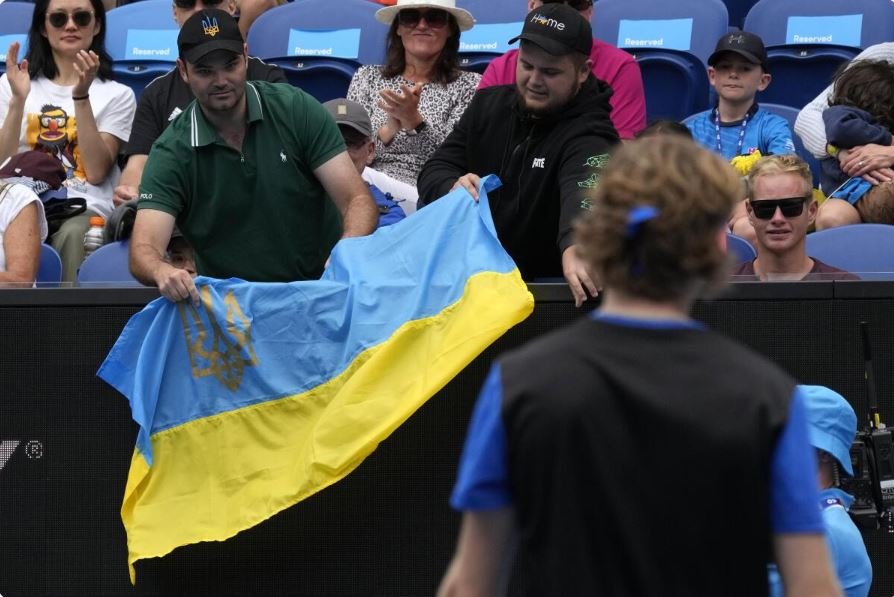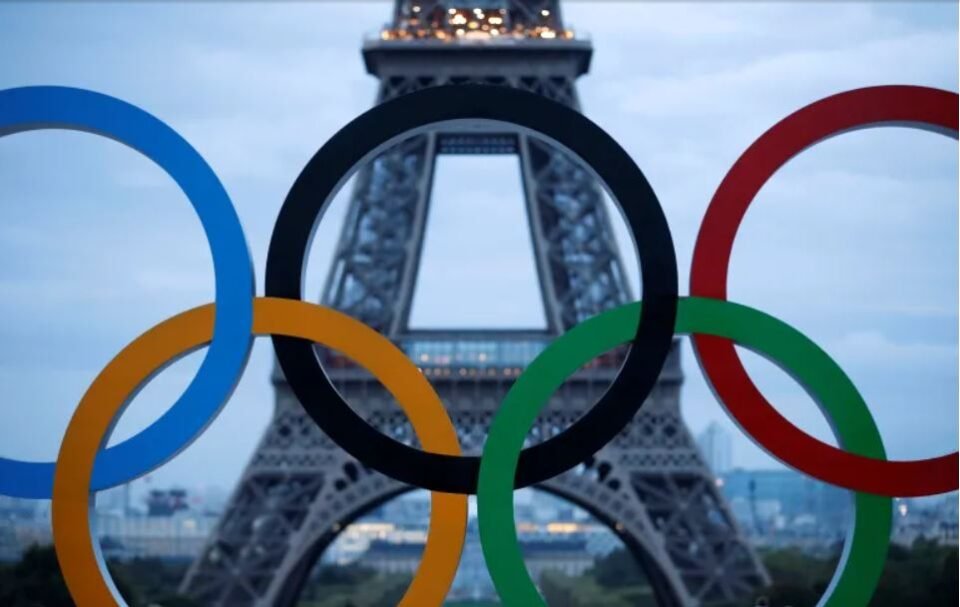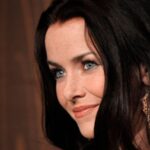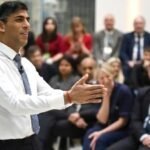For Russian and Belarusian competitors to compete in the Paris Games, the International Olympic Committee has stated that it will “search a pathway.”
The country’s sport minister has warned that if Russian and Belarusian athletes are permitted to compete in the Paris Games, Ukraine may boycott the 2024 Summer Olympics.

Russian and Belarusian athletes shouldn’t compete in international events while there is a war in Ukraine, according to Vadim Guttsait on Thursday.
Russia’s main ally Belarus served as a staging area for its full-scale invasion of the neighboring Ukrainian territory.
Following IOC’s announcement that it will “examine a mechanism” for athletes from the two nations to compete as neutrals, Guttsait made his remarks.
In a Facebook post, Guttsait stated that “work is underway on other possible steps and first steps to continue restrictions and prevent Russians and Belarusians from participating in international tournaments.”

He continued, “I do not exclude the idea that we may boycott and refuse participation in the Olympics if we are not heard.
A potential boycott has already been discussed with national sports federations, according to Guttsait, who is also the president of Ukraine’s National Olympic Committee.
IOC “ignore[s] Russian war crimes”
Numerous international sports organizations have banned Russian and Belarusian teams and athletes in protest of the conflict since Russia invaded Ukraine in February of last year. Some people have been allowed to participate under neutral flags.
The International Olympic Committee (IOC) encouraged sports governing bodies and event organizers to ban Russian and Belarusian athletes and officials from competing in international competitions just days after Russia began its offensive on February 24.
The potential of athletes from the two nations partaking in sporting events as neutrals, however, should be “further studied,” according to a statement made on Wednesday, which appears to be a change of heart.
Following a meeting of its executive board, the IOC released a statement saying that “no athlete should be disqualified from competing simply because of their passport.”
In response to that declaration, the Olympic Council of Asia announced on Thursday that it had extended an invitation to athletes from both nations to participate in this year’s Asian Games.
This would allow them to qualify for the Games in Paris through Asia rather than through Europe, where they might encounter hostility and boycotts. In Kyiv, people were shocked and incensed by the move.
Volodymyr Zelenskyy, the president of Ukraine, claimed that he had told Emmanuel Macron, his French counterpart, on Tuesday that Russia should have “no place” at the Olympics.
All “sports figures to make their opinion clear,” said foreign minister Dmytro Kuleba.
While Ukrainian athletes continue to be slain by Russia due to their passports, Kuleba complained that “[the] IOC has been disregarding Russian war crimes” and insisting that “No athlete should be banned from competing merely because of their passport.” The wrong direction
The French government did not immediately respond, but other European nations that are supporting Ukraine in the conflict criticized the IOC’s choice as well.
The organization’s position was “a world apart from the realities of war being felt by the Ukrainian people,” according to British Culture Secretary Michelle Donelan. Interior Minister of Germany Nancy Faeser referred to it as “the wrong route.”
Igor Levitin, a close assistant to Russian President Vladimir Putin and senior vice president of the Russian Olympic Committee, however, praised the IOC’s strategy in Russia.
“I believe it has already been a success. Levitin was quoted by the state-run TASS news agency as saying, “Olympic society recognizes that the Olympic Games cannot be held without Russia.
While this was going on, the International Paralympic Committee declared that it would “watch with interest the IOC suggested approach.”
“We wish to stress that we hope and pray that the violence comes to an end, that no more lives are lost, and that we can operate sports and politics apart,” said Andrew Parsons, the president of the IPC, in a statement.




